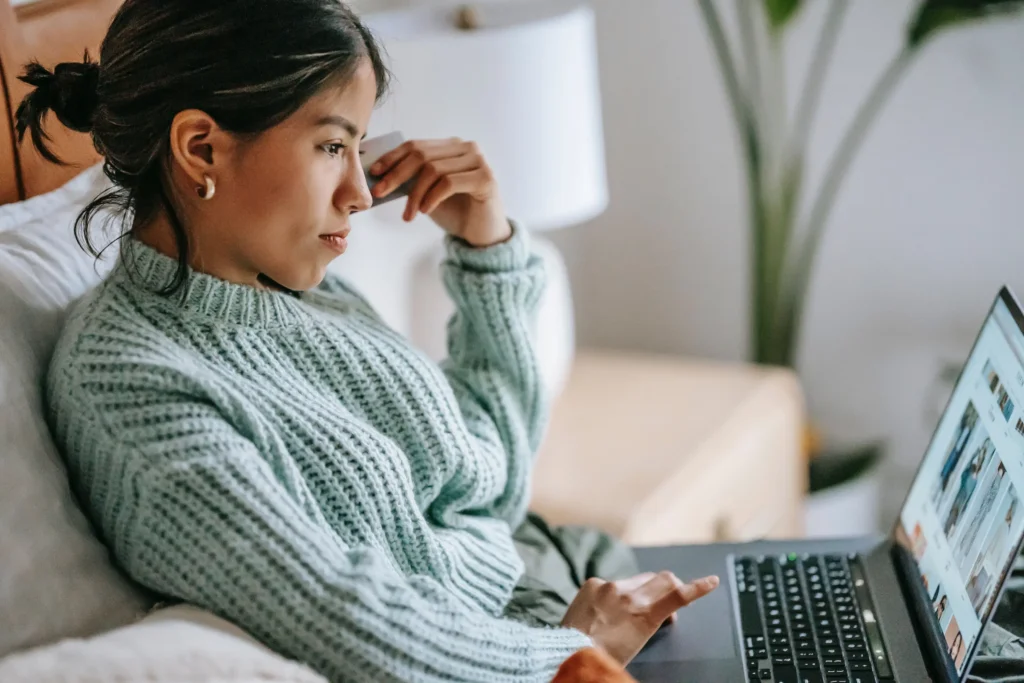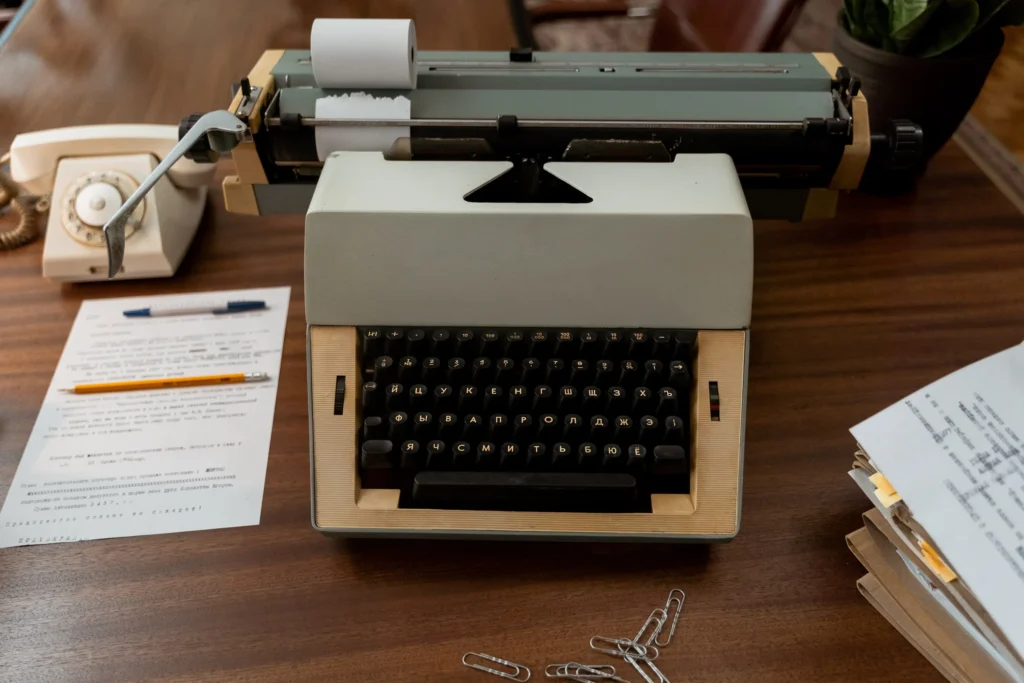Ever grabbed that shiny gadget or must-have dress on a whim, only to regret it later? We’ve all been there! But when does a harmless shopping spree turn into something more serious? This blog post explore the difference between a treat-yourself moment and a potential shopping disorder.
We’ll look at the signs, symptoms, and what you can do if you think your shopping habits are spiraling out of control. Think of this as your friendly guide to navigating the sometimes-crazy world of consumerism.
Summary
This blog post explores the topic of impulsive buying and whether it qualifies as a disorder. We will differentiate between occasional impulsive purchases and compulsive shopping behaviors. Highlighting the signs and symptoms that might suggest a more serious problem.
The goal is to provide you the reader, with a clear understanding of compulsive buying. We will look at potential impact on mental and financial well-being. We will explore actionable advice on when and how to seek professional help.
We’ll also cover practical strategies for managing impulsive buying tendencies.
Table of Contents
- What is Impulsive Buying?
- Impulsive Buying vs. Compulsive Shopping
- Signs You Might Have a Problem
- What Causes Compulsive Shopping?
- Getting Help: It’s Okay to Ask!
- Tips for Controlling Impulsive Spending
- FAQ
- Conclusion
What is Impulsive Buying?
Okay, let’s get real. We’ve all been tempted by those “limited-time offers” and “flash sales.” Impulsive buying is basically giving in to those urges. It’s when you buy something without really planning or thinking about it beforehand.
Maybe you saw a cool gadget while waiting in line, or that candy bar just screamed your name (even though you’re trying to eat healthy!). It’s usually a spur-of-the-moment decision fueled by excitement or emotion. According to research, 9% of all adults in the world have a shopping addiction.
Impulsive Buying vs. Compulsive Shopping
Now, here’s where things get a little more serious. While impulsive buying is a common experience, compulsive shopping, also known as Oniomania, is considered a behavioral addiction.
It’s a pattern of excessive and uncontrollable shopping. It can have negative consequences on your finances, relationships, and overall well-being.
Think of it this way:
- Impulsive buying: A one-time (or occasional) splurge. Like grabbing that cute scarf while you’re at the checkout.
- Compulsive shopping: A constant, overwhelming urge to shop, even when you don’t need anything. Or can’t afford it, and feel guilty afterwards.
Compulsive shoppers often use shopping to cope with negative emotions like stress, anxiety, or sadness. It’s like a temporary fix that quickly fades, leaving you feeling worse than before.
This can be related to other mental health conditions; take a look at MentalHealth.gov for resources.
Signs You Might Have a Problem of Impulsive Buying
So, how do you know if your shopping habits are crossing the line? Here are some signs to watch out for:
- Buying things you don’t need or use. Your closet is overflowing with clothes you’ve never worn, and your drawers are stuffed with gadgets you forgot you even bought.
- Shopping to feel better. Do you find yourself hitting the stores every time you’re feeling down?
- Hiding your purchases. Are you sneaking shopping bags into the house to avoid judgment from your family or partner?
- Feeling guilty or ashamed after shopping: Do you regret your purchases almost immediately?
- Spending more than you can afford: Are you racking up debt or struggling to pay your bills because of your shopping habits?
- Having intense urges to shop: Do you feel restless or irritable until you can satisfy your urge to buy something?
- Difficulty controlling your shopping behavior: Have you tried to stop or cut back on your shopping, but you just can’t seem to do it?
If you answered yes to several of these questions, it might be worth talking to a mental health professional.
What Causes Impulsive Buying or Compulsive Shopping?
There’s no single cause for compulsive shopping, but several factors can contribute:
- Mental Health Conditions. It can be related to depression, anxiety, obsessive-compulsive disorder (OCD), or other mood disorders.
- Brain Chemistry. Some research suggests that compulsive shopping may be linked to imbalances in your brain chemicals like serotonin and dopamine.
- Social and Cultural Factors. Our consumer-driven society and the constant barrage of advertising can fuel the desire to buy things.
- Stress and Trauma: Shopping can be a way to cope with stress, trauma, or other difficult life experiences.
Getting Help: It’s Okay to Ask!
The most important thing to know is that you’re not alone, and help is available. If you think you might have a shopping disorder, don’t be afraid to reach out to a mental health professional.
A therapist or counselor can help you understand the underlying causes of your shopping behavior. They will help you to develop strategies for managing your urges.
Here are some resources that can help:
- Therapy. Cognitive behavioral therapy (CBT) can be effective in treating compulsive shopping.
- Support Groups. Support groups like Debtors Anonymous offer a safe and supportive environment for people struggling with debt and financial issues.
- Online Resources. The American Psychological Association offers helpful information about mental health and finding a therapist.
Tips for Controlling Impulsive Spending
Even if you don’t have a full-blown shopping disorder, it’s always a good idea to be mindful of your spending habits. Here are some tips for controlling impulsive spending:
- Make a Budget: Knowing where your money is going can help you stay on track.
- Avoid Temptation: Stay away from shopping malls, online stores, and other places that trigger your urge to shop.
- Unsubscribe from Email Lists. Stop receiving those tempting promotional emails that encourage you to buy things you don’t need.
- Wait Before You Buy: Give yourself a cooling-off period (like 24 hours or a week) before making a non-essential purchase.
- Pay with Cash: Using cash instead of credit cards can make you more aware of how much you’re spending.
- Find Healthy Coping Mechanisms. Instead of shopping to feel better, try exercise, meditation, or spending time with loved ones.
- Talk to Someone: Share your struggles with a friend, family member, or therapist.
FAQ
- Q: Is impulsive buying a mental illness?
- A: Not usually. Impulsive buying is common. Compulsive shopping, though, can be a sign of a disorder.
- Q: Can stress cause me to shop more?
- A: Yes, stress can be a trigger for impulsive and compulsive shopping.
- Q: How can I stop buying things I don’t need?
- A: Try making a budget, avoiding shopping temptations, and finding other ways to cope with your emotions.
- Q: When should I see a doctor about my shopping habits?
- A: If your shopping is causing problems in your life, like debt or relationship issues, it’s a good idea to seek professional help.
Conclusion
So what’s the takeaway? It’s totally fine to buy yourself something nice once in a while. But if shopping is stressing you out, emptying your wallet, or making you feel guilty, it might be time to talk to someone. You don’t have to figure this out alone – there are people who can help you get back on track.




